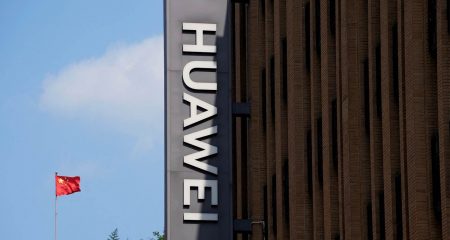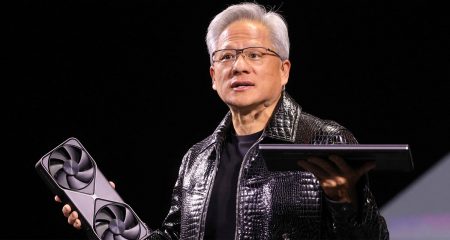 Shares in Tencent jumped as much as 4.2% after Chinese media reported that regulators have resumed approving games, signalling a potential end to a hiatus that’s chilled the world’s biggest gaming industry.
Shares in Tencent jumped as much as 4.2% after Chinese media reported that regulators have resumed approving games, signalling a potential end to a hiatus that’s chilled the world’s biggest gaming industry.
Tencent and peers from South Korea to Japan spiked Friday after the official China Securities Journal reported that regulators had reviewed and passed an initial batch of online games. It cited Feng Shixin, deputy director of the Communist Party’s influential propaganda department, telling an industry forum that the government was prepping licences for green-lit titles.
China’s gaming industry, which generates more than US$30-billion of revenue, has been hammered this year after regulators froze the approval process for new games, preventing companies from making money from their hit titles. That threw Tencent into disarray, spurring its first profit drop in at least a decade and wiping about $200-billion off its market value since a January peak.
The suspension stemmed from Beijing’s campaign to combat gaming addiction and a reshuffle of regulators, casting uncertainty over Tencent’s main business. China’s largest social media and gaming company — which remains barred from making money off global blockbusters like Fortnite and PlayerUnknown’s Battlegrounds — is said to be cutting its marketing budget to tide it over the dry spell.
“This is decidedly inspiring news for the entire industry,” Tencent said in a response posted online. “It affirms the regulators’ determination to promote positive and standardised management, and set the direction for the entire cultural industry.”
Tencent distributes its own games as well as titles from external studios. Developers that supply the company include Capcom, Nexon, Activision Blizzard and Electronic Arts.
Stringent
On Friday, Nexon climbed as much as 7.2%, leading a rally of Japanese rivals including Square Enix. Korea’s Netmarble gained more than 7%. In China, Perfect World soared almost 9%.
China has one of the world’s most stringent approval processes for videogames, an extension of Beijing’s obsession with maintaining control over online content so it can root out dissent and other ideas it considers undesirable, from sex to graphic violence. But its massive smartphone and Web population also makes it the world’s largest gaming market.
It’s unclear why the Party’s propaganda department weighed in on a process that’s said to be governed by two other bodies, the ministry of culture & tourism and the National Radio and Television Administration. Both agencies have gone through personnel changes and restructuring of responsibilities following a shake-up earlier this year as President Xi Jinping consolidated power. — Reported with assistance from Yuji Nakamura, (c) 2018 Bloomberg LP




